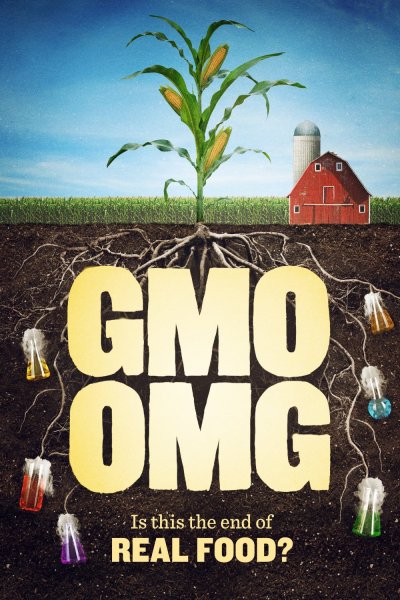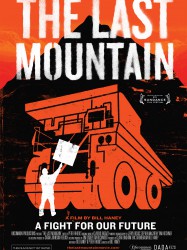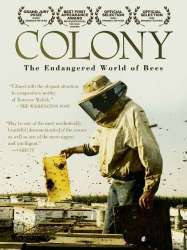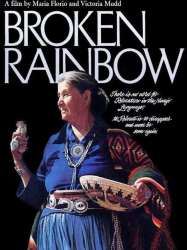GMO OMG is a american film of genre Documentary released in USA on 13 september 2013
GMO OMG (2013)

If you like this film, let us know!
- Infos
- Casting
- Technical infos
- Photos
- Videos
- Film quotes
- Characters
- Music
- Awards
Released in USA 13 september 2013
Length 1h30
OriginUSA
Genres Documentary
Themes Environmental films, Documentary films about business, Documentary films about environmental issues
Rating63%










GMO OMG is a 2013 American documentary film which takes a highly negative view towards the use of genetically modified organisms in the production of food, particularly by Monsanto. Directed by Jeremy Seifert and produced by Elizabeth Kucinich, it was given a limited release in the United States on September 13, 2013, and received mixed reviews from critics.
Comments
Leave comment :
Suggestions of similar film to GMO OMG
There are 8968 with the same cinematographic genres, 1248 films with the same themes (including 93 films with the same 3 themes than GMO OMG), to have finally 70 suggestions of similar films.If you liked GMO OMG, you will probably like those similar films :
 , 22minutes
, 22minutesOrigin Danemark
Genres Documentary, Animation
Themes Cooking films, Environmental films, Films about the labor movement, Documentaire sur la cuisine, Documentary films about business, Documentary films about environmental issues, Documentary films about historical events, Documentaire sur le monde du travail, Mise en scène d'une plante
Rating74%





Fiche technique Directeur et auteur : Anders Sørensen ;

Our Daily Bread (2006)
, 1h32Directed by Nikolaus Geyrhalter
Origin Austria
Genres Documentary
Themes Cooking films, Environmental films, La mondialisation, Films about the labor movement, Documentaire sur la cuisine, Documentary films about business, Documentary films about environmental issues, Documentaire sur le monde paysan, Documentaire sur le monde du travail
Rating75%





Le documentaire fournit des images sur le fonctionnement des plus grandes industries agroalimentaires européennes que ce soit dans le domaine de la production des fruits et légumes que dans celle de la viande. Ni musique ni commentaire ne viennent accompagner les séquences filmées. Le décor est constitué de champs, d'usines, d'abattoirs, et le réalisateur utilise de longs plans fixes y compris pour filmer les ouvriers en train de manger.

The Last Mountain (2011)
, 1h35Origin USA
Genres Documentary
Themes Environmental films, Documentary films about business, Documentary films about environmental issues, Documentary films about historical events, Documentary films about politics, Documentary films about technology, Political films
Rating76%






Colony (2009)
, 1h25Genres Documentary
Themes Films about animals, Environmental films, Documentary films about business, Documentary films about environmental issues, Films about insects
Rating64%






Bananas Unpeeled (2000)
, 26minutesGenres Documentary
Themes Environmental films, Documentary films about business, Documentary films about environmental issues

Mountaintop Removal (2007)
Genres Documentary
Themes Environmental films, Documentary films about business, Documentary films about environmental issues, Documentary films about technology
Rating80%






Broken Rainbow (1985)
, 1h10Origin USA
Genres Documentary, Historical
Themes Environmental films, Documentary films about business, Documentary films about law, Documentary films about environmental issues, Documentary films about historical events, Documentaire sur une personnalité, Documentary films about politics, Political films
Actors Buffy Sainte-Marie, Dennis Banks, Martin Sheen, Burgess Meredith
Rating67%






Farmland (2014)
, 1h17Directed by James Moll
Origin USA
Genres Documentary
Themes Environmental films, Documentary films about business, Documentary films about environmental issues
Rating62%





The goal of the film is to bridge the gap between food growers and food consumers by presenting farmers' and ranchers' perspectives on producing food. The film aims to do this by focusing on the lives of six farmers in their 20s who describe their experiences of and views on modern farming and ranching in the United States.

Henry Browne, Farmer (1942)
, 9minutesOrigin USA
Genres Documentary
Themes Environmental films, Documentary films about business, Documentary films about environmental issues, Documentary films about war, Documentary films about historical events, Political films, Documentary films about World War II
Actors Canada Lee
Rating50%






All In This Tea (2007)
Directed by Les Blank
Origin USA
Genres Documentary
Themes Environmental films, Documentary films about business, Documentary films about environmental issues
Actors Werner Herzog
Rating70%





 Connection
Connection